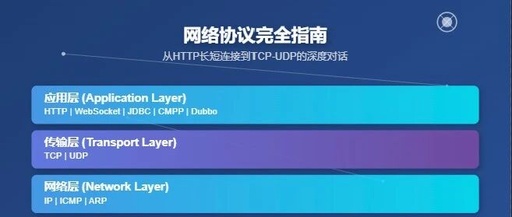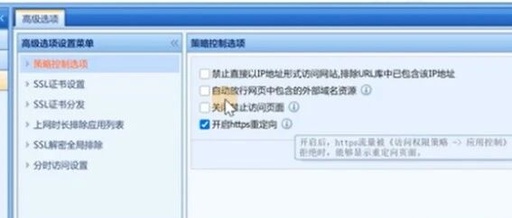Complete Guide to Network Protocols: In-Depth Conversations from HTTP Long and Short Connections to TCP-UDP
🌐 Complete Guide to Network Protocols: In-Depth Conversations from HTTP Long and Short Connections to TCP-UDP This article adopts a conversational format, through the Q&A of Xiao Li and Xiao Wang, to explain core concepts such as network protocols and long/short connections in a simple and accessible manner, helping readers establish a complete knowledge system … Read more









